5 Questions to Ask Before a Big Purchase
After reading this, you'll know whether you should click "buy"—or hold off for now.
By Lynn Andriani
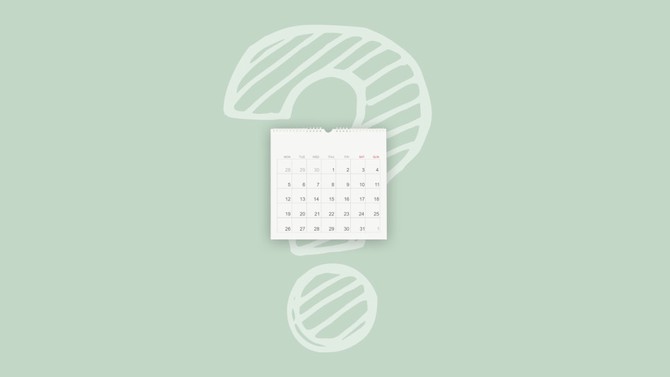
Photo: Florie Duhau/iStock
Question #1: Is now really the best time?
Prices fluctuate all the time. And the prices of some products always drop at certain times of the year. Sometimes, it's when demand is highest (toys before Christmas); other times, it's when demand is lowest (swimsuits at the end of summer). And while we're on the subject of seesawing prices, you should be aware of dynamic pricing. It's a tactic some e-commerce sites use that relies on data, such as browsing habits and IP addresses (which tell the sites if you live in a more affluent area), to determine an item's price. To outsmart this, once you've figured out the ideal time to buy, say, a new couch, disable your browser location, clear your cache and try these other tricks to ensure you're getting the best price.
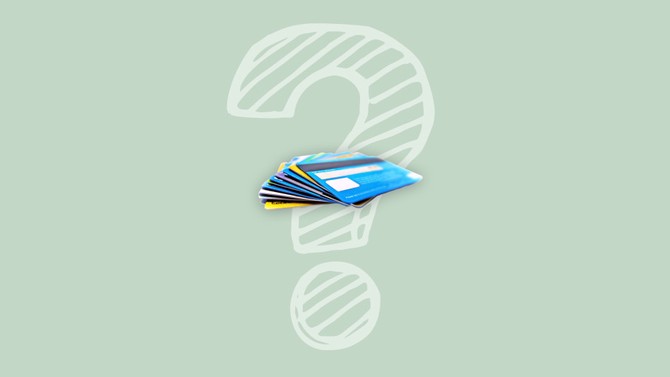
Photo: Florie Duhau/iStock
Question #2: How am I going to pay for it?
Right now is the best time in years to shop for a rewards card, with banks competing for customers and offering amazing sign-up bonuses and perks. But if you don't pay your balance on time each month, you could wind up spending more on interest than you get in rewards. So, before you make a big purchase, Danielle Fagre Arlowe, senior vice president of American Financial Services Association, recommends sitting down to determine whether you would plan to pay the card off in full before the statement period ends. If you would be able to pay off the whole thing at once, use the cash-back or miles card; if you're going to pay off the balance in increments, put down the card with the lowest APR (rewards cards usually have higher APRs).
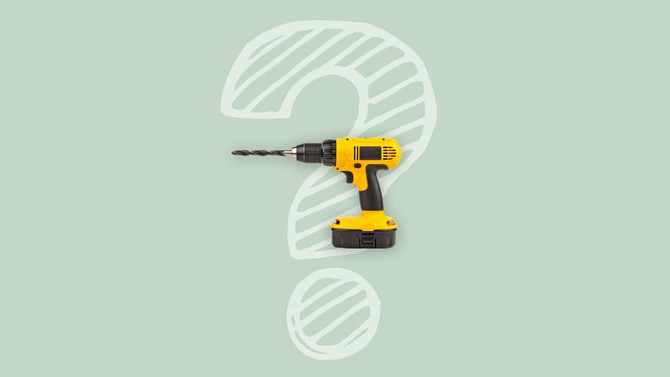
Photo: Florie Duhau/iStock
Question #3: Do I need to own it?
Yes, you have to have it, but that doesn't mean it must be yours for life—and renting isn't just an option for homes, cars and fall wardrobes. Some big-ticket items, such as solar panels and power tools you only plan to use once, can be terrific values when rented instead of bought. Sharing is another option, too, especially if you live in an urban area, where all kinds of share programs are popping up lately, from bikes to to backyard vegetable gardens and nannies.
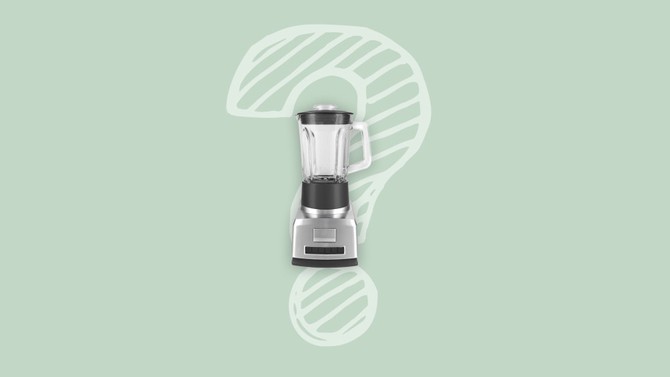
Photo: Florie Duhau/iStock
Question #4: Does it have to be new?
"As good as new" may sound like a marketing catchphrase, yet it's increasingly accurate when it comes to used items, from tablets to mountain bikes. And while none of us want to commit to a big purchase that isn't high quality, says DealNews features editor Benjamin Glaser, he adds that buying used can be great if you shop from a reputable dealer, such as Amazon's Warehouse Deals store, which sells "open-box" and pre-owned items at considerable discounts (for instance, we found a used color printer for $1,100, versus the new one that costs $1,700)—after checking everything by hand to make sure it functions properly. Glaser also suggests going straight to the manufacturer to purchase a refurbished item. For example, high-end blender brand Vitamix sells "reconditioned" products with a five-year warrantee; we found a $379 model for $249.
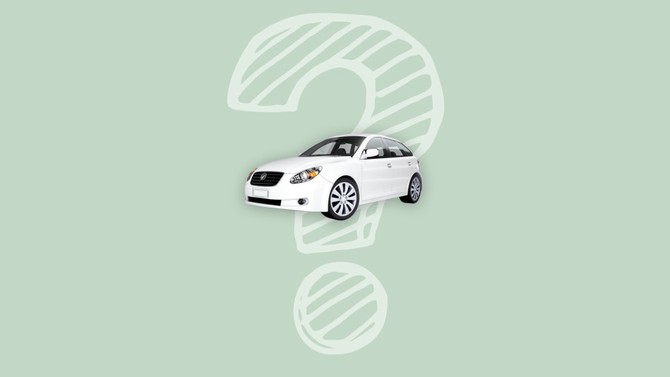
Photo: Florie Duhau/iStock
Question #5: Are each of those bells and whistles worth it?
A car with Wi-Fi. A TV with a curved screen. A hair dryer that also gives you the traffic report (okay, we made that one up). The question, "What features are important to me?" should be at the top of your list when you're getting ready to plunk down your credit or debit card, says Glaser. The answer is different for everyone, since a feature that may be a luxury for one person may be a requirement for another. Still, there are some add-ons to big-ticket items that are usually superfluous. If you're shopping for home appliances, a car or tech items, check Consumer Reports to learn which extras are and aren't worth the money (e.g., don't splurge on a special "sanitizing" cycle for dishwashers, but do get one that has fold-down tines so you can fit odd-size dishes).
Published 11/01/2016

